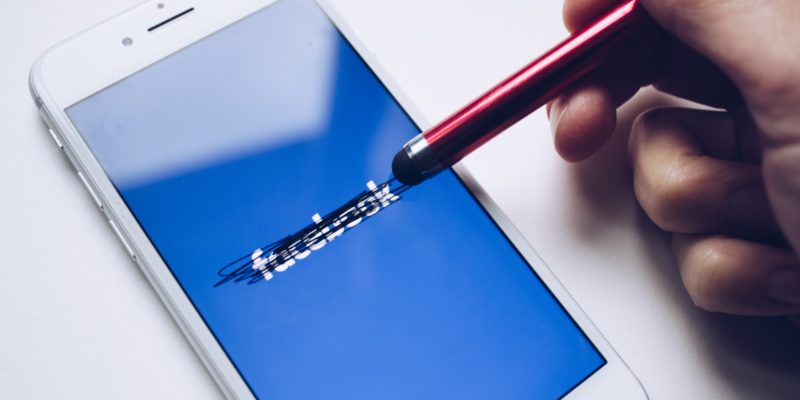A service outage at Facebook took the social network and associated apps Instagram and WhatsApp offline this week. The six-hour shutdown, caused by a ‘configuration error’, delivered a bump in direct traffic to some publisher sites, but has sparked a debate around over-reliance on the Facebook network of apps and the services they provide.
Context
A configuration error during a routine maintenance operation unintentionally took down all connections to Facebook’s ‘backbone network’, October 4th. The error disconnected Facebook data centers globally and left Facebook, WhatsApp and Instagram offline for six hours.
- The Facebook outage cost around $79m in ad revenue and sparked a selloff of stock that sent Facebook shares plummeting as much as 5.3% on Monday, compounding a drop of about 15% since mid-September. CEO Mark Zuckerberg lost $6 billion over the course of the shutdown.
- The blackout affected billions of people worldwide including businesses relying on Facebook services for their communications and Facebook’s own staff. Some Facebook staffers couldn’t access company emails, internal communications tools and, in some cases, their offices.
- The initial worry for publishers was that the outage would kill their traffic. But data from content recommendation engine OutBrain suggests that publishers saw 40% more traffic during the time that Facebook and its associated properties were down.
Outbrain wrote: “Today, with readers looking for reasons why Facebook, Instagram, WhatsApp, and other platforms are down, or maybe simply trying to get to their daily dose of news, many of these publishers are seeing more than 40% week over week increases in traffic volume.”
Audience attention
In a blog posted the day after the outage, media commentator Adam Tinworth argues that what we learned during this outage instead says a lot about audience habits.
Content is no longer scarce, attention is. When a whole bunch of people’s attention suddenly becomes free, it seeks a new outlet.
But he says not everyone benefited from the outage. Those that did included mainstream news sites, with people looking for news in general, or specifically about the outage, and tech news sites with people looking for explanations of what had caused the blackout.
More importantly for Adam, the outage has provided publishers with the perfect to figure out their existing relationship with Facebook and it other content distribution arms.
- Publishers whose traffic went up – Trusted brands that can capitalise on that trust by bringing readers into direct engagement with their brand.
- Publishers whose traffic went down – Facebook-dependent brands that need to develop a strategy to turn Facebook traffic into brand-loyal traffic.
- Publishers who saw no significant impact – Facebook-independent brands with a business model that doesn’t rely on Facebook traffic.
- Publishers who are platform native – Brands that only exist at Facebook’s whim.
Decentralise for the long term
Adam has some very straightforward advice for publishers. He says whenever one tool — be it search, or social, or even newsletters — becomes too dominant, put time and effort into balancing your mix.
Diversify your acquisition and engagement channels as widely as you can.
With many publishers reliant of Facebook, not just for audience acquisition and content distribution, but also WhatsApp communications, the Facebook outage has provided a valuable wake-up call.









